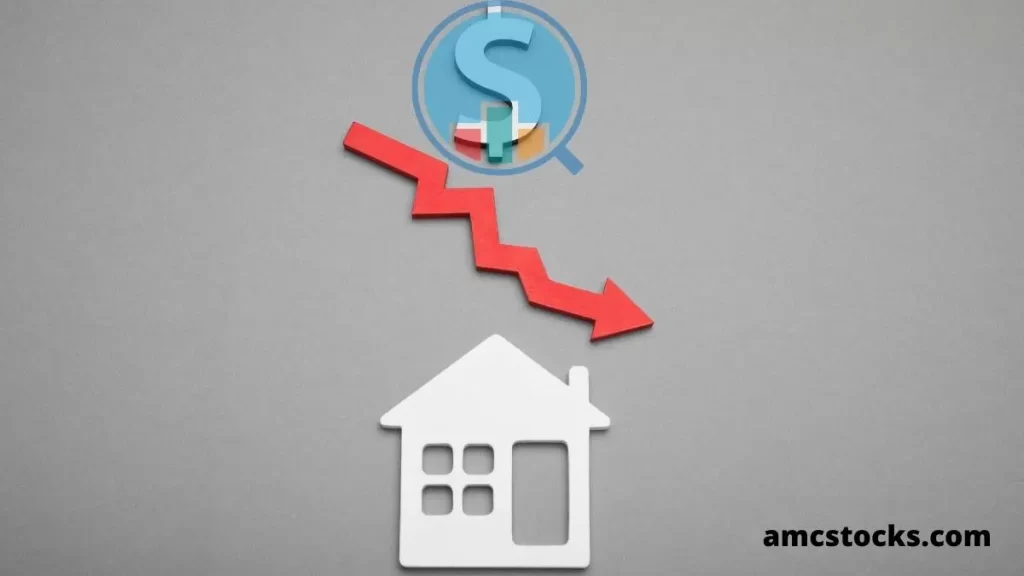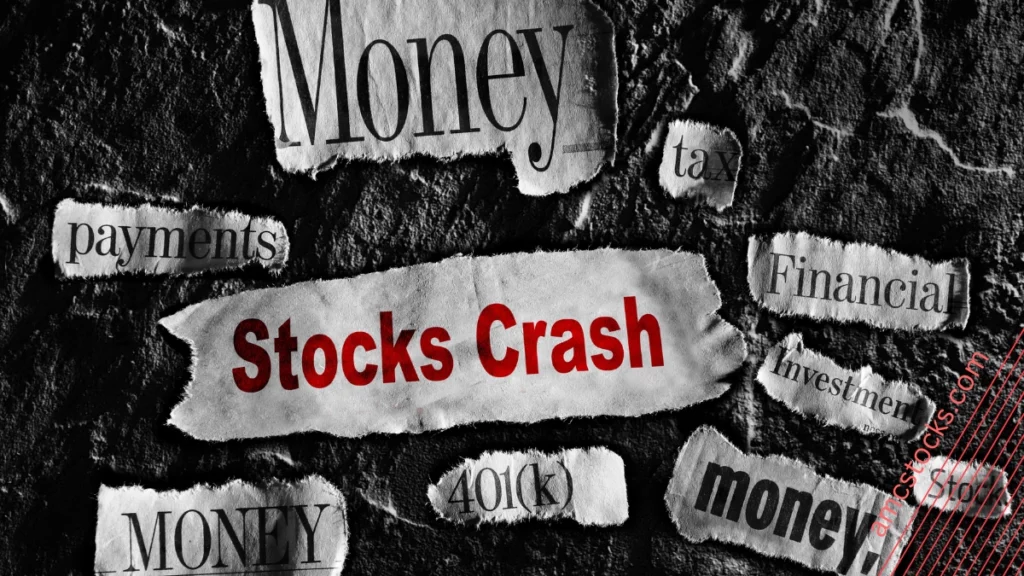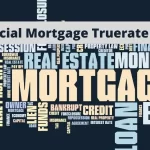Housing market crash has always been a major factor when it comes to the overall economy. When the housing market crashes, it can be devastating for the economy and Real Estate as a whole.
What Happens To The Economy When The Housing Market Crashes?
When the housing market crashes, it has a very negative effect on the economy. Houses are often seen as one of the most important investments people make, and when prices fall they may have to sell their house at a loss, which can lead to financial problems.
Additionally, when people lose their homes it can create a domino effect that spreads throughout the economy.
Businesses may be less likely to invest because they are not confident in the future, and this can lead to a decrease in jobs. Overall, when the housing market crashes it has a significant impact on both the wealthy and poor individuals, as well as businesses and the overall economy.
How Does The Housing Crisis Affect Individuals?
Since the housing market crash in 2008, millions of people have lost their homes and jobs have been lost as a result. The housing crisis has had far-reaching consequences for individuals and families, both directly and indirectly.
Directly, many people who were already struggling to afford their homes have lost them entirely. Home values have plummeted and many families now owe more on their mortgages than their homes are worth. This has led to an increase in foreclosures, which has affected not just homeowners but also investors and banks that financed the mortgages.
Indirectly, the housing crisis has harmed individuals by contributing to rising levels of unemployment and poverty. Many people who lost their homes were unable or unwilling to find new ones, which caused unemployment rates to spike among construction workers and other sectors that relied on homebuilding.
The foreclosure crisis also caused a decline in home prices in formerly affluent neighborhoods, exacerbating income inequality.

Are There Any Risks For Investors In A Housing Crash?
There is always some risk when investing in the stock or real estate markets, as any time there is an increase in demand for a specific product or service, there is also potential for an increase in prices.
However, when it comes to housing, due to the fact that so many people are invested in the market and its future, a crash could have much more serious consequences for those who are not prepared for it.
In fact, if you’re not comfortable with the possibility of losing money on your investments, you should probably avoid investing in the housing market altogether.
Is Real Estate Investment Trusts a Good Career Path? 6 Best Practices For Choosing REITs
How Can You Protect Yourself From A Housing Crash?
The housing market crash was a precipitous decline in prices for residential real estate. The cause of the crash was a combination of factors including rising interest rates, over-investment in the housing market, and the banking crisis.
Many people who were buying homes during the boom years ended up losing money when prices fell. Those who had already purchased homes at inflated prices were particularly hard hit.
There are several things you can do to protect yourself from a housing market crash. First, be aware of your financial situation and make sure you have enough money saved up to cover any potential losses. Second, do your research before making any purchases – don’t just go with what you think is best based on appearances alone.
Finally, never borrow money to buy a home – use only credit that you can afford to pay back fully and on time.
Where Is The Best Place To Invest During A Housing Crash?
During a housing market crash, it is important to consider where to invest your money. Different areas will offer different returns, so it is important to do your research before making a decision.
Here are some places where you can expect the highest returns during a housing market crash:
1) The suburbs
During a market crash, people will want to get away from the city centers in order to avoid riots and looting. This will lead to an increase in demand for suburban properties, which will offer higher returns than urban properties.
2) The Rocky Mountains:
Many people invest in real estate during crashes because of the historical stability of the markets in these regions. However, if you are looking for guaranteed returns then this might not be the best option for you. Instead, look for areas like Utah and Colorado that have seen consistent growth over recent years.

What Should I Do If I’m Feeling The Heat From The Housing Market Crash?
should i sell my house before the market crashes? If you’re feeling the heat from the housing market crash, there are a few things you can do to protect yourself. First, make sure you have enough money saved up in case the markets take a downturn. Second, be prepared to sell your home sooner rather than later if the market crashes. If you’re able to do both of these things, it will likely help you avoid any major financial setbacks.
7 Reasons Why The Stock Market Is Falling And What You Can Do About It
What’s Next For Real Estate?
The crash of 2008 was a major event that had a significant impact on the economy as a whole. Prices for properties declined sharply, and this led to an overall decline in the economy.
The crash has certainly had an impact on the real estate market over the past eight years, and there is no guarantee that it won’t have an even more significant impact in the future.
One reason that we think that this is likely is that there are already indications that demand for residential property is beginning to decline.
This has been particularly evident in certain parts of the country, such as California and Florida, where prices have fallen by more than 20%. This could be a sign that things are about to get even worse, especially given how much debt many people have taken on when buying property.
If we look at long-term trends, then it’s clear that there are serious concerns about what’s going to happen next with regards to the real estate market.
In recent years, there has been an increase in homebuyers who are using HELOCs (home equity loans) instead of purchasing outright. This could be problematic because HELOCs tend to have shorter terms
Conclusion
As we approach the end of 2022, there are many questions regarding the future of real estate. Will the housing market crash in 2023? What will happen to home prices and rental rates? We will continue to monitor these trends and update this article accordingly.



